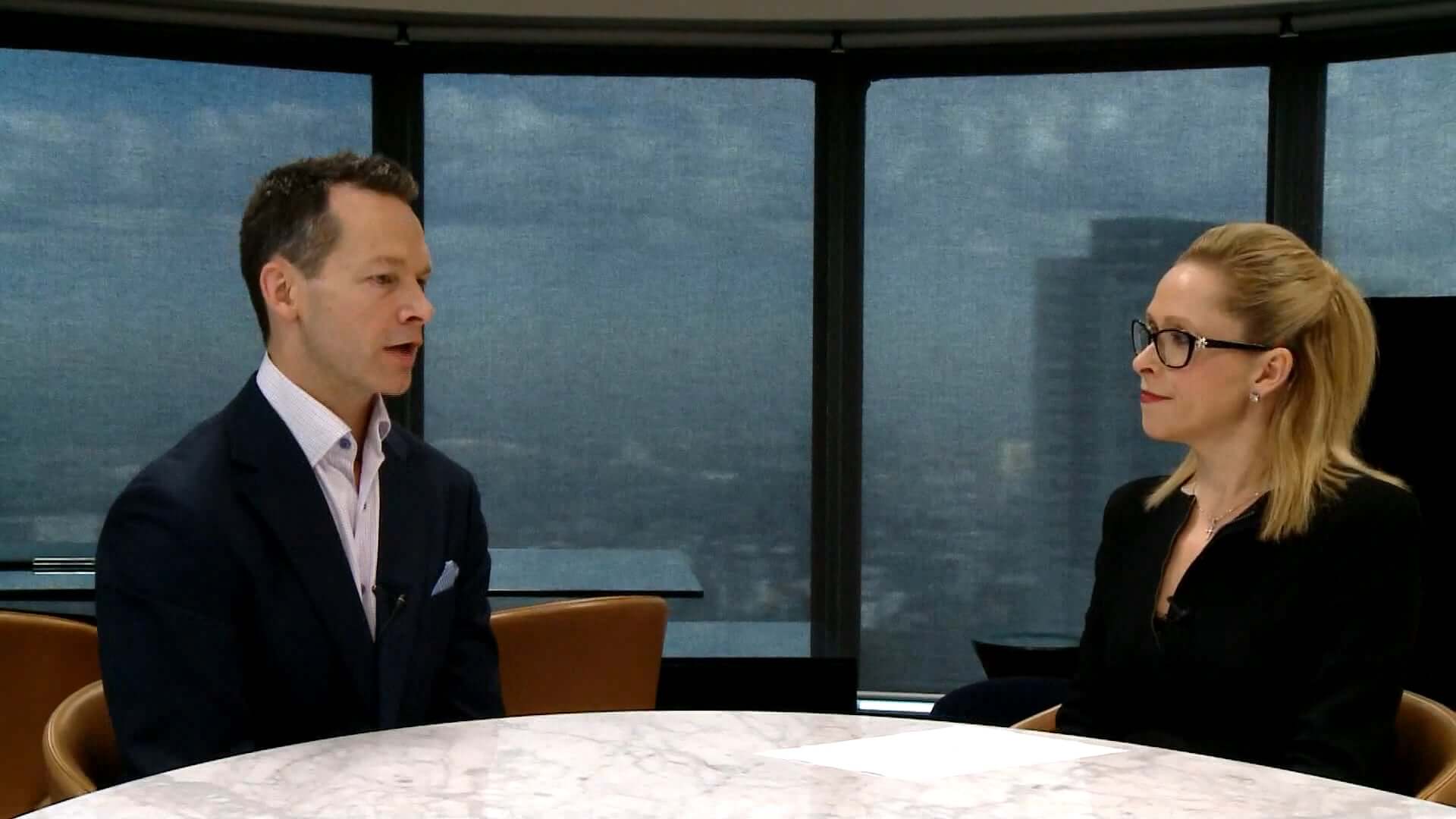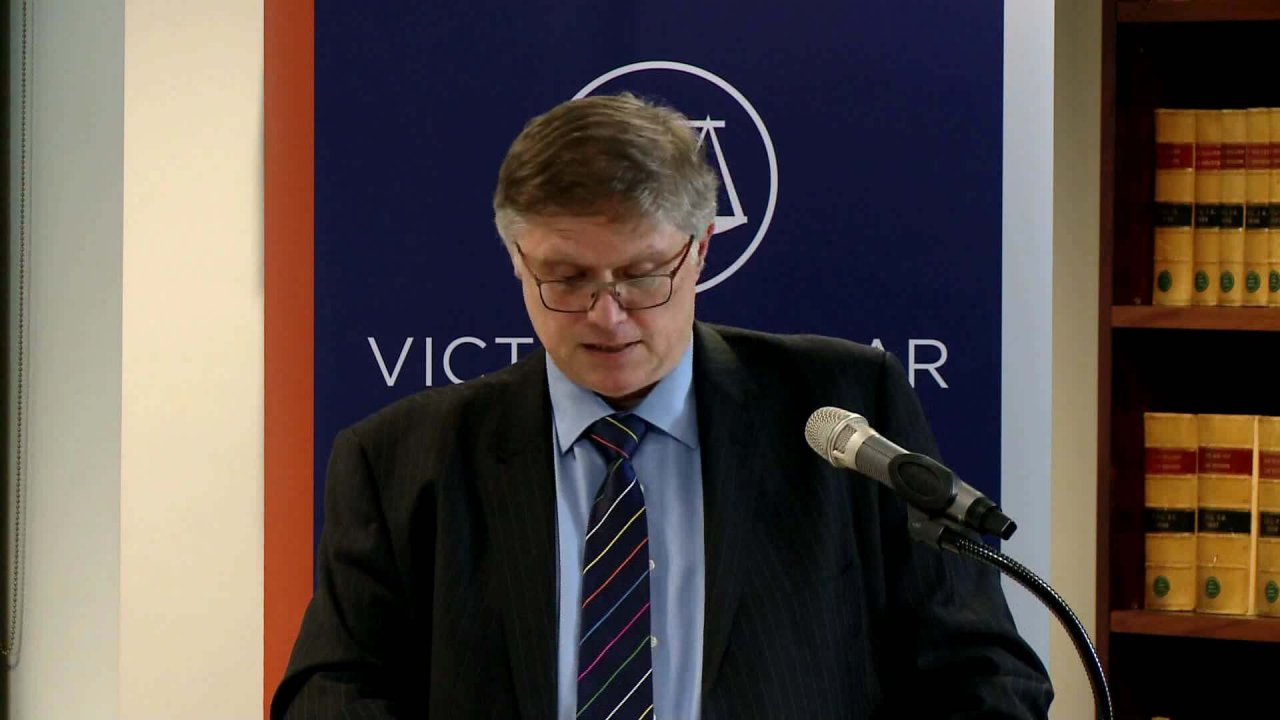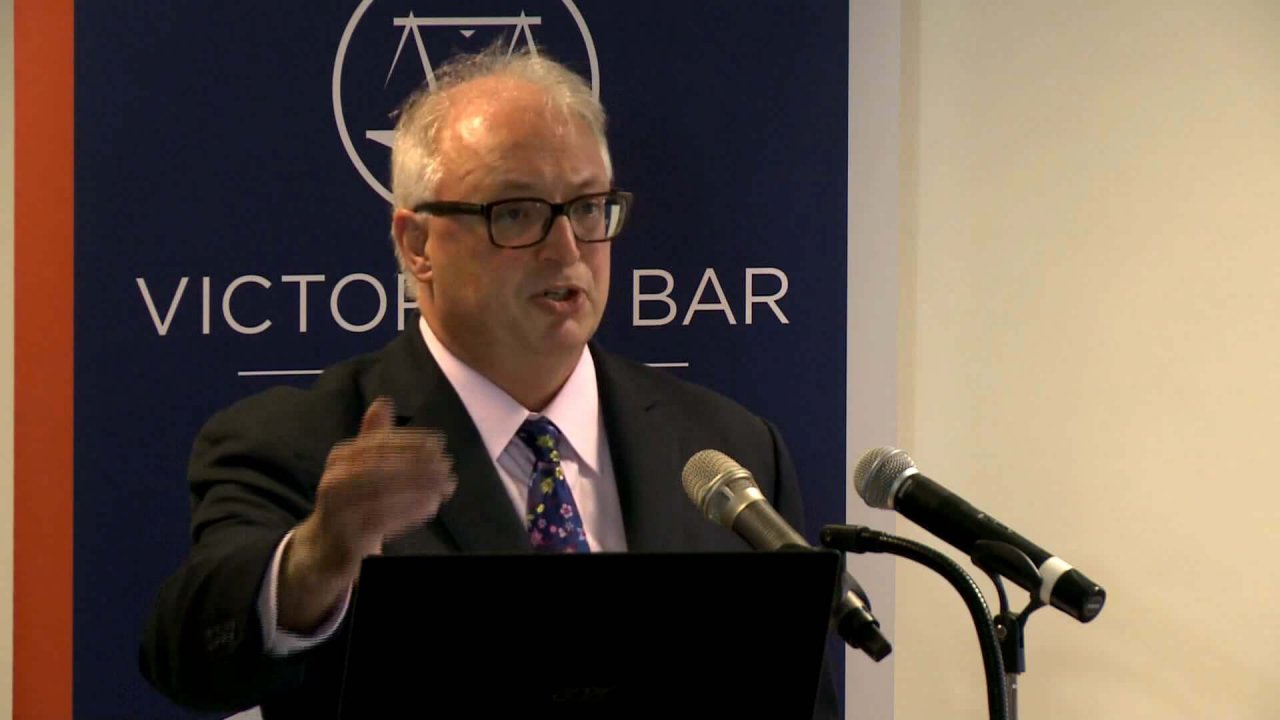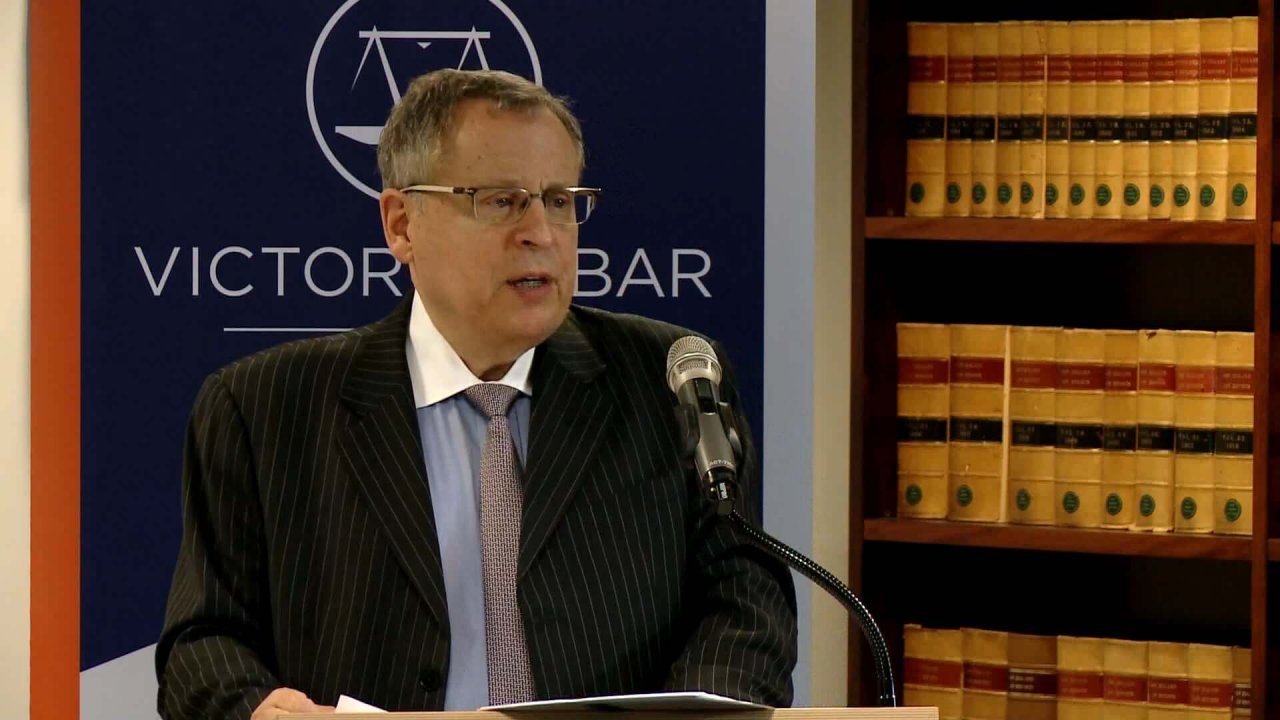Full Description
In this Q&A Session, Dr Matthew Collins QC discusses media, communications and commercial law focusing mainly on defamation and the changes that have arisen as a result of the internet and other electronic media platforms over the past decade. Dr Collins QC discusses the role that search engines such as Google have in regards to defamation and how defamation law reflects the introduction of new multimedia platforms. Dr Collins QC compares the progression of defamation law within Australia with different countries such as the United States and United Kingdom and discusses how the law has been changed in each country in order to reflect the technological advances that have altered the means by which people are able to be defamed.
Discussion points include:
• What are the features of the internet that pose challenges for defamation law?
• The internet is a global medium of communication, what law or laws apply where defamatory material is published online?
• Have different countries come up with similar solutions to the challenges posed by the internet?
• In the Australian context, most people have heard of the Gutnick case, what was the significance of that decision?
• Does the form in which content is published make a difference?
• How easy is it to get defamatory statements removed from the internet?
• If someone believes they have been defamed online, how quickly do they need to act?
• How uniform is Australian defamation law?
• Is the legislation the embodiment of everything you need to know about defamation law?
• What were the main reforms achieved by the uniform legislation?
• Can corporations still sue for defamation?
• How does Australia’s defamation laws measure up when compared with other common law countries?
• Are there areas where further reform is needed?
• What was the significance of the Joe Hockey v Fairfax case?









